A Whig-Clio Timeline: 250 Years of Exposition and Debate
Founded in 1765 as the Plain Dealing and Well Meaning clubs, Whig-Clio is the nation’s oldest college literary and debating society. The organization is celebrating its 250th anniversary with several events, including a Nov. 21 gala in Washington, D.C., and a campus event Dec. 4. Following are highlights from its long history.
The Plain Dealing Club and the Well Meaning Club are founded. The groups dissolve in March 1769 but re-form in 1769 and 1770 as the American Whig Society and the Cliosophic Society, respectively.
James Madison 1771 (a founder of Whig) and Aaron Burr 1772 (a founder of Clio) develop their debating skills at the societies.
The current neo-classical marble halls are erected, replacing smaller wood and stucco structures built in 1838.
Whig and Clio merge and move into Whig Hall.
Whig-Clio sponsors the International Relations Council; other subsidiaries include the Princeton Debate Panel and Mock Trial.
Then-Sen. John F. Kennedy speaks about national security.
Whig-Clio invites Alger Hiss, a State Department official accused of being a Soviet spy, to speak. Alumni threaten to cut off donations, but the content of Hiss’ talk is not controversial.
A fire in Whig Hall destroys most of the society’s records and much of its portrait collection. Whig-Clio temporarily relocates to Palmer Hall during the reconstruction.
Former president Bill Clinton receives the club’s James Madison Award for public service.
Supreme Court Justice Antonin Scalia receives the James Madison Award.
Former president Jimmy Carter is given the James Madison Award.
For the record
This story has been updated to correct the date of the Whig Hall fire. It occurred on Nov. 9, 1969.


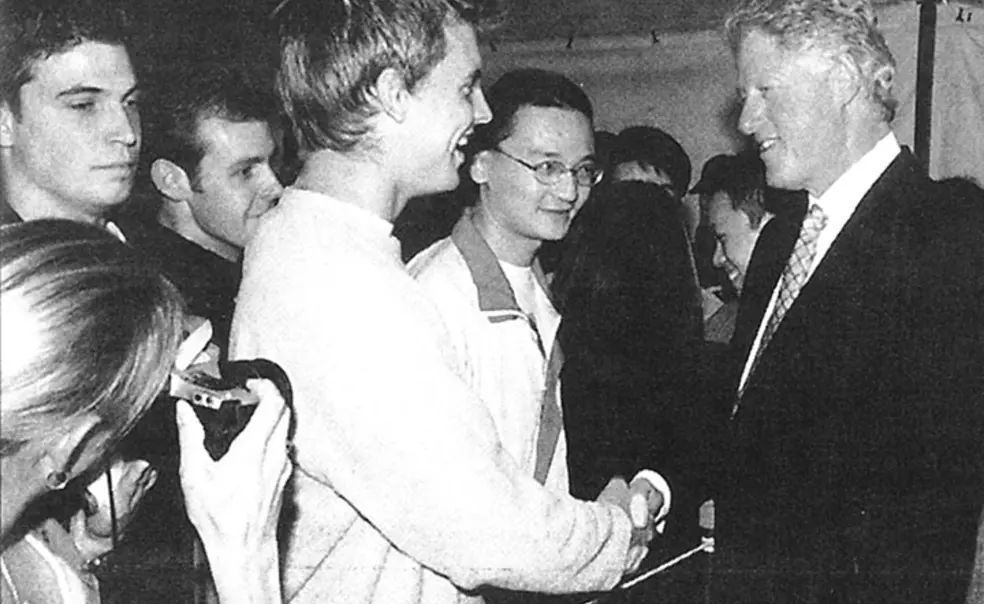
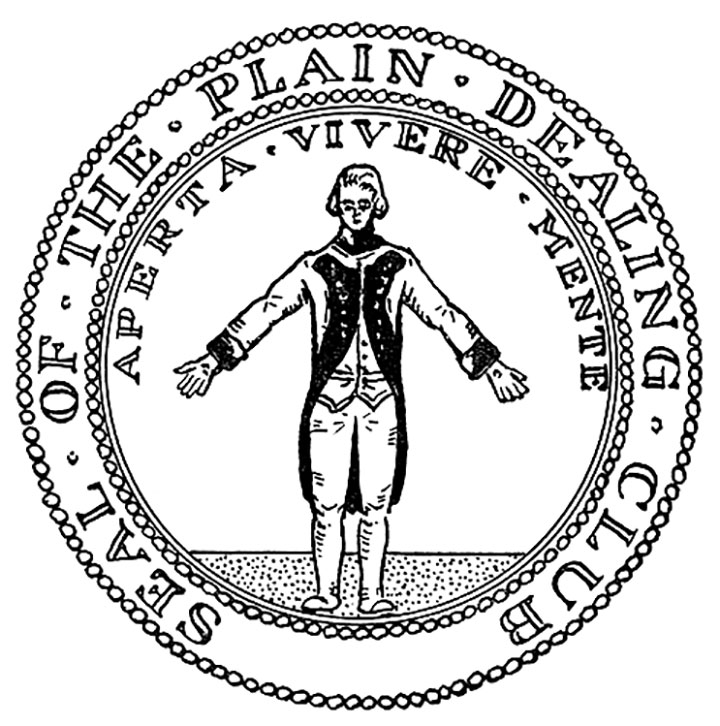
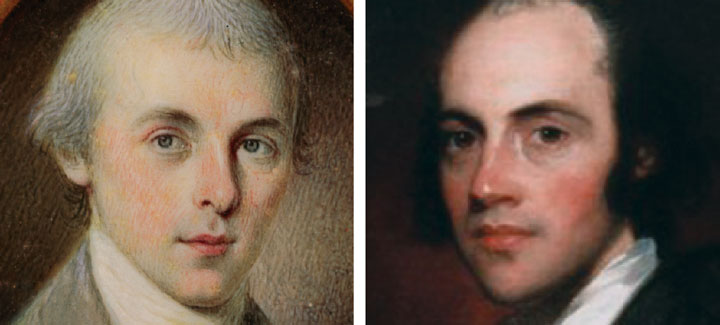
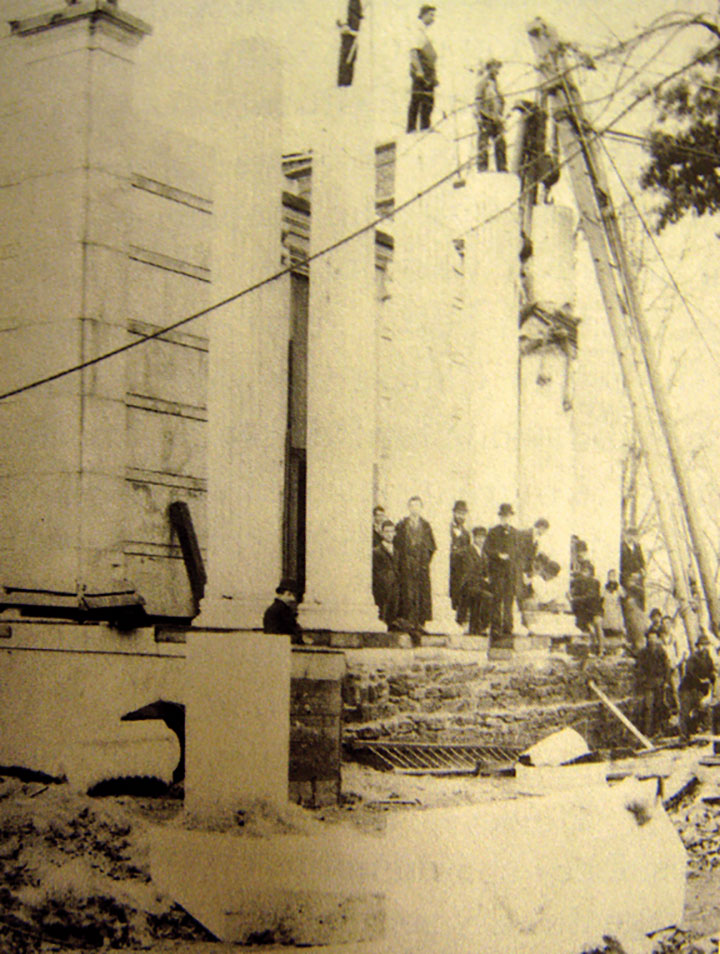
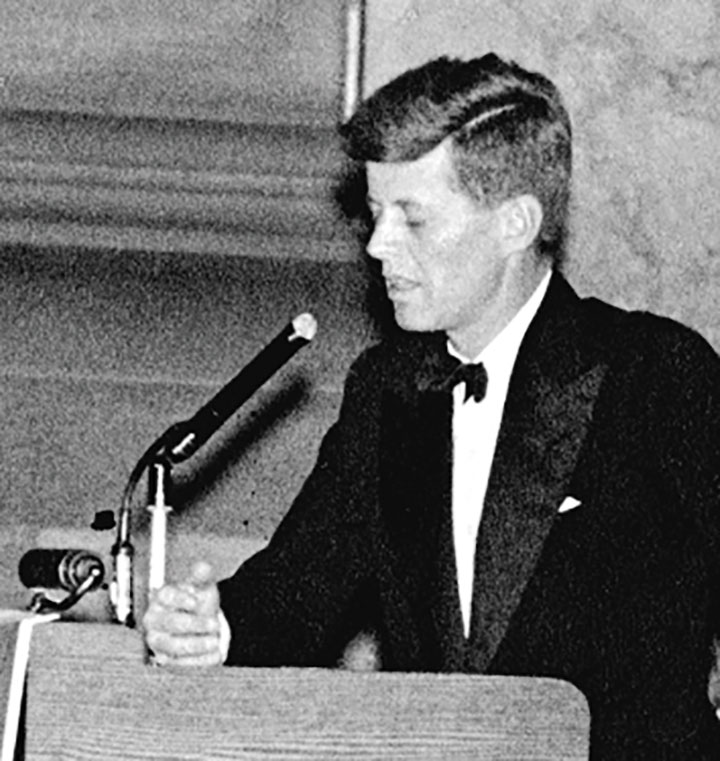
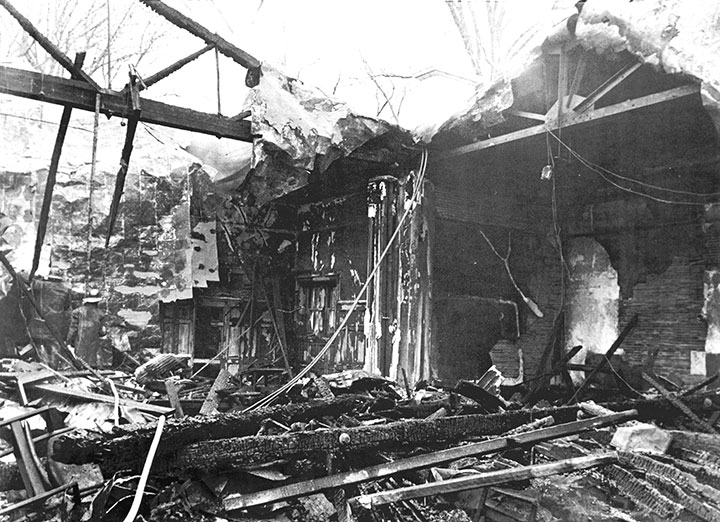
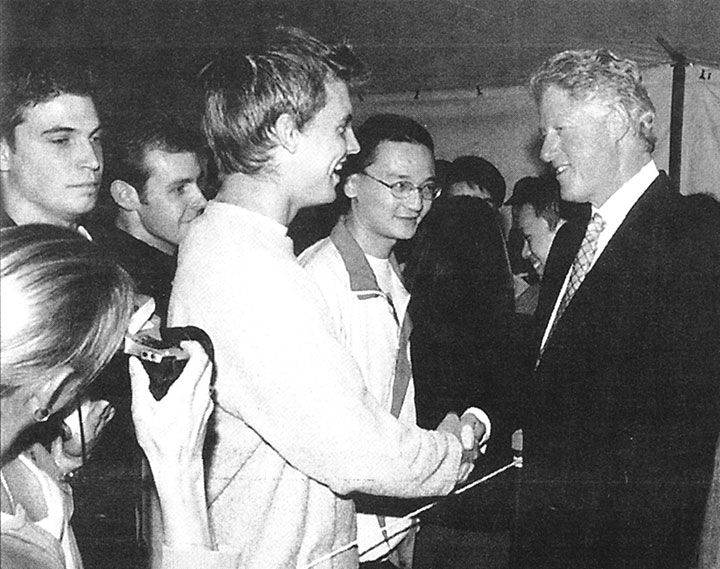
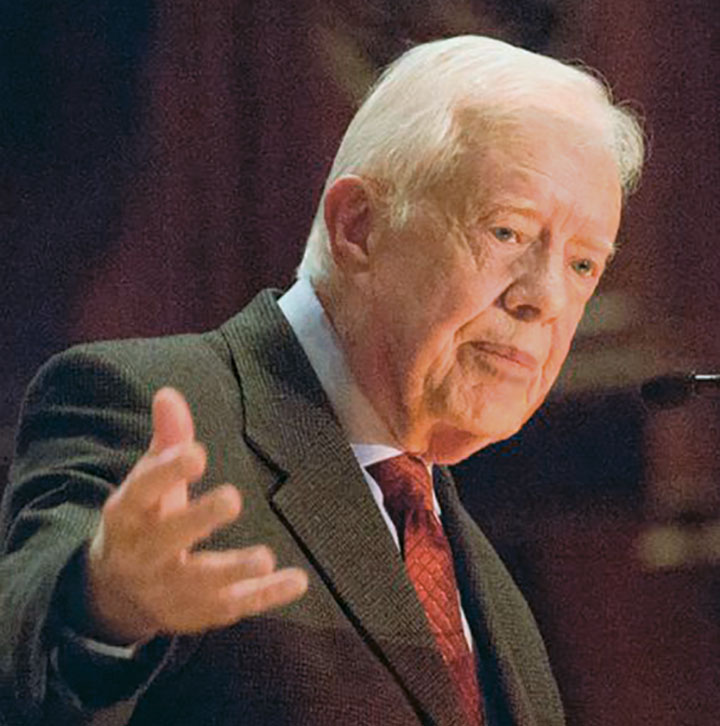









1 Response
btomlins
10 Years AgoFor the Record
The date of a fire in Whig Hall was reported incorrectly in a timeline in the Dec. 2 issue. It took place Nov. 9, 1969.
The Oct. 21 article describing the tapestry in Firestone Library’s third-floor reading room transposed the identifications of a Mayan shell and a Zapotec bone.
The Jan. 13 memorial for Robert B. Meese ’44 incorrectly referred to him as “Don” in some references. His nickname was “Bob.”